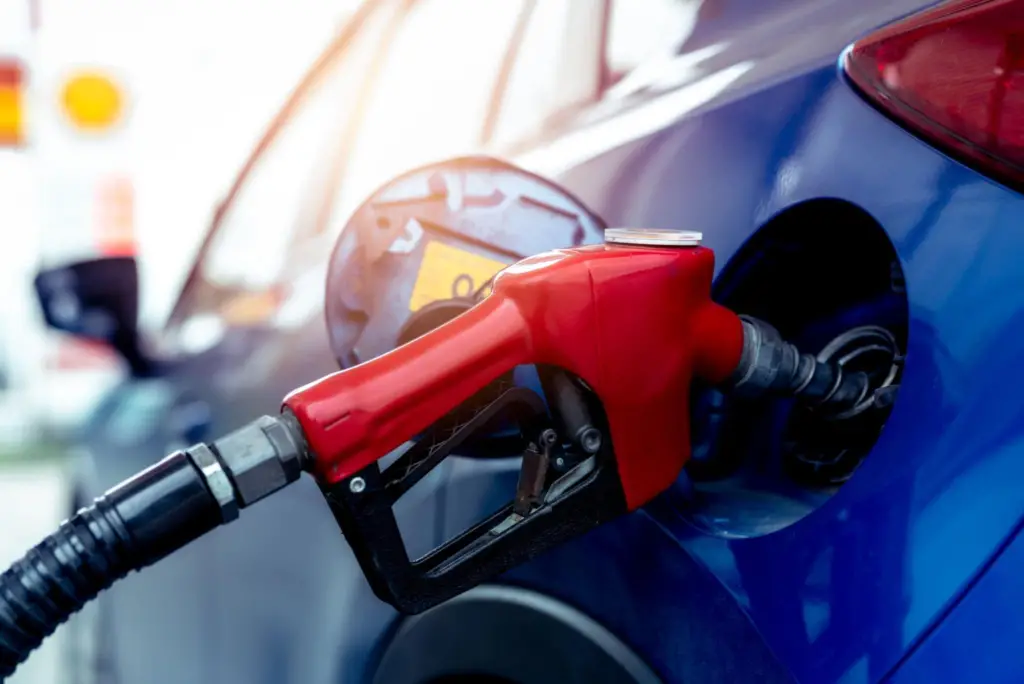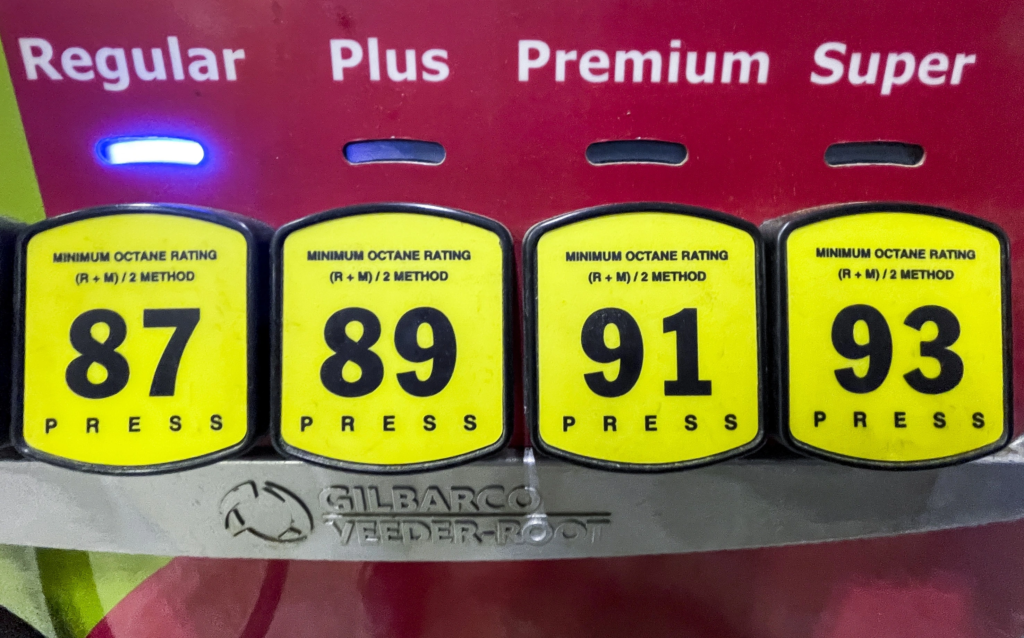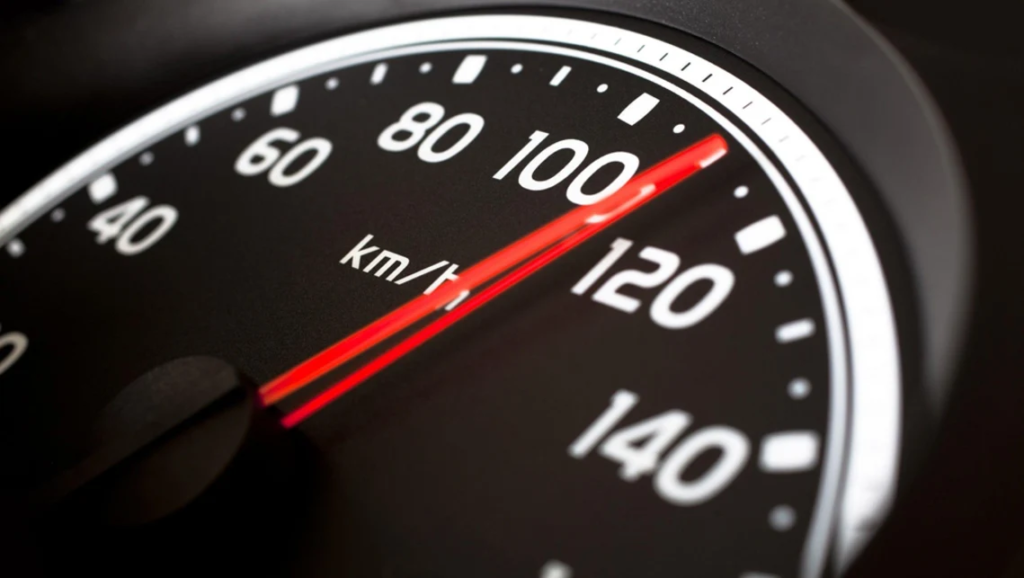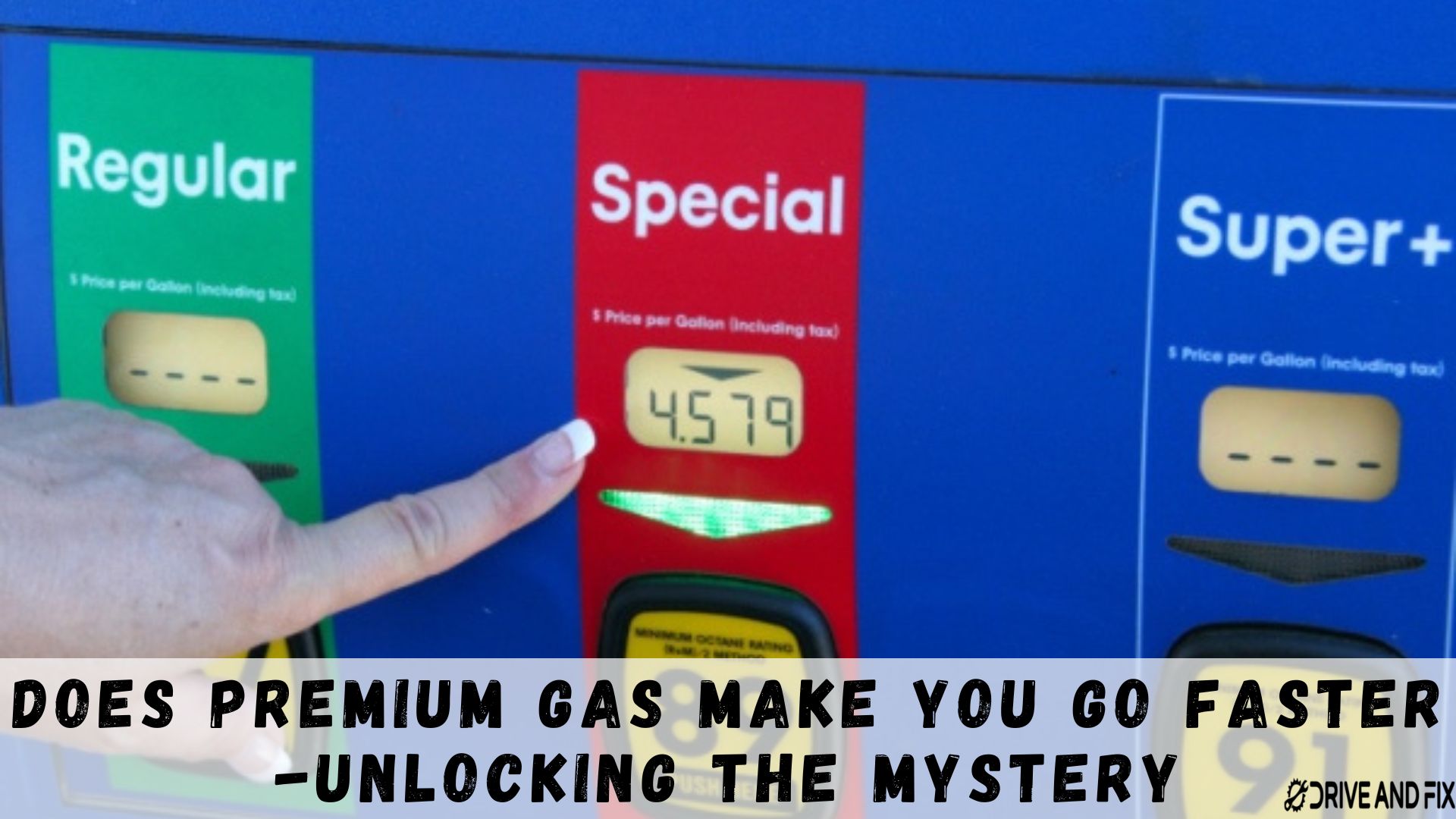Do you keep wondering about the benefits of using premium gasoline in your vehicle? Does premium gas make you go faster? With the ever-increasing fuel costs, understand the advantages of using a higher octane fuel, especially if you want to ensure the best possible performance and longevity for your car.
When it comes to gasoline, not all fuel is created equal. Octane rating, the measure of a fuel’s ability to resist “knocking” or “pinging” during combustion, is a crucial factor in determining the suitability of gasoline for your vehicle. So, what exactly is the difference between premium gasoline and regular gasoline, and does it make a difference in terms of performance and longevity? We’ll dive into these questions and provide the information you need to make informed decisions about the type of gasoline you use in your vehicle.
Does Premium Gasoline Make a Vehicle Go Faster?

Octane rating measures a fuel’s ability to resist “knocking” or “pinging” during combustion, which can cause damage to the engine over time. Higher octane gasoline is less prone to pre-ignition and knocking, which is why some vehicles may require it. However, the relationship between octane rating and engine performance is not straightforward.
Primary Purpose of Using Premium Gasoline
The primary purpose of using premium gasoline is to improve engine performance and prevent damage in vehicles that require it. If a vehicle’s engine is designed to run on regular gasoline (87 octanes), using higher octane gasoline will not provide any additional benefits. On the other hand, if a vehicle is designed to require premium gasoline, using lower-octane gasoline may result in reduced performance and increased engine wear.
Why Using Premium Gasoline Does Not Result in Faster Speed
Using premium gasoline does not result in a faster speed. The speed of a vehicle is determined by various factors, including the engine’s power output, the vehicle’s weight, and the vehicle’s aerodynamics. While higher-octane gasoline may improve engine performance, it does not cause a car to move faster.
Difference Between 91 Gas and 87 Gas

Gasoline with 91 octanes and gasoline with 87 octanes refer to their respective octane ratings, which are measures of a fuel’s ability to resist “knocking” or “pinging” during combustion. Octane rating is an important factor in determining the suitability of gasoline for a particular engine. Gasoline with a higher octane rating, such as 91, is less prone to pre-ignition and knocking and is typically recommended for use in high-performance or luxury vehicles that require premium gasoline.
On the opposite, gasoline with a lower octane rating, such as 87, is typically referred to as regular gasoline and is suitable for use in most standard vehicles that do not require premium gasoline. Use the correct type of gasoline for your vehicle, as the manufacturer recommends, since using incorrect gasoline can result in reduced performance and increased engine wear.
Does 91 Gas Last Longer Than 87 Gas
No, the octane rating of gasoline has no direct effect on the longevity of a vehicle’s engine or fuel system. The lifespan of a vehicle’s engine and fuel system is determined by various factors, including proper maintenance, driving habits, and the design of the engine and fuel system. Consistent maintenance, like regular oil changes and checking fluid levels, can greatly extend the lifespan of a vehicle’s engine and fuel system, but choosing gasoline with a higher octane rating, such as 91 over 87, will not extend the lifespan of the engine or fuel system.
Read Also: What If I Accidentally Put Premium Gas Into My Car?
Tips and Tricks For Boosting Your Cars Speed

- Upgrade the air intake system: Increasing the amount of air reaching the engine can help improve its performance and increase speed.
- Upgrade the exhaust system: Replacing the factory exhaust with a performance exhaust system can help reduce back pressure and improve the flow of exhaust gases, resulting in improved engine performance.
- Add a performance chip or reprogram the engine control unit (ECU): This can improve the engine’s performance by optimizing fuel delivery, ignition timing, and other critical parameters.
- Install a performance suspension system: Upgrading the suspension system can help improve your car’s handling and stability, which can lead to faster speeds on winding roads.
- Install lightweight wheels and tires: Lighter wheels and tires can help reduce the unsprung weight of your car, which can improve acceleration and handling.
- Remove unnecessary weight: Removing excess weight from your car, such as heavy aftermarket parts or trunk clutter, can help improve performance and speed.
- Regular maintenance: Keeping your car well-maintained and free of performance-robbing issues, such as dirty air filters, worn spark plugs, or clogged fuel injectors, can help maintain its performance and speed.
Some of these modifications may not be legal in all areas and may void the manufacturer’s warranty. Check the laws in your area and consult a professional mechanic before making any modifications to your car.
Verdict
So now you know the answer, does premium gas make you go faster? The octane rating of gasoline has no direct impact on the speed of a vehicle or the longevity of its engine or fuel system. The primary purpose of using premium gasoline is to improve engine performance and prevent damage in cars that require it. The decision to use premium gasoline should be based on the specific requirements of the vehicle and the driving conditions. Consider the manufacturer’s octane rating and consult a professional if unsure. While higher octane gasoline may improve engine performance, it does not guarantee faster speeds or longer engine life.
Read Our Popular Post:
Why Brake Pedal Sinks While Driving?
The Essential Guide to Blown AC Fuse In Car Symptoms
Can A Stuck Open Thermostat Cause Coolant Loss?
Is it OK to Sit in Car with AC On? Here’s the Answer
Blown Fuse Car Won’t Start? Here’s What You Need to Know
What to Do When Your Battery Light Stays On After Key Pulled?


